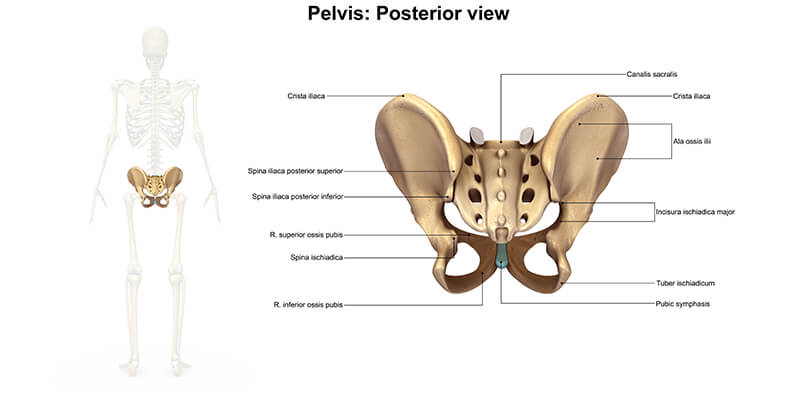Physiotherapy in Post Cosmetic Surgery
We may not always think about the post surgical management of an area following a cosmetic procedure such as liposuction, abdominoplasty, brazilian butt lift and others. In several cases once a procedure has been completed there can be very real sensations of tightness, stiffness and adhering of tissues. This is due to the tethering of […]


